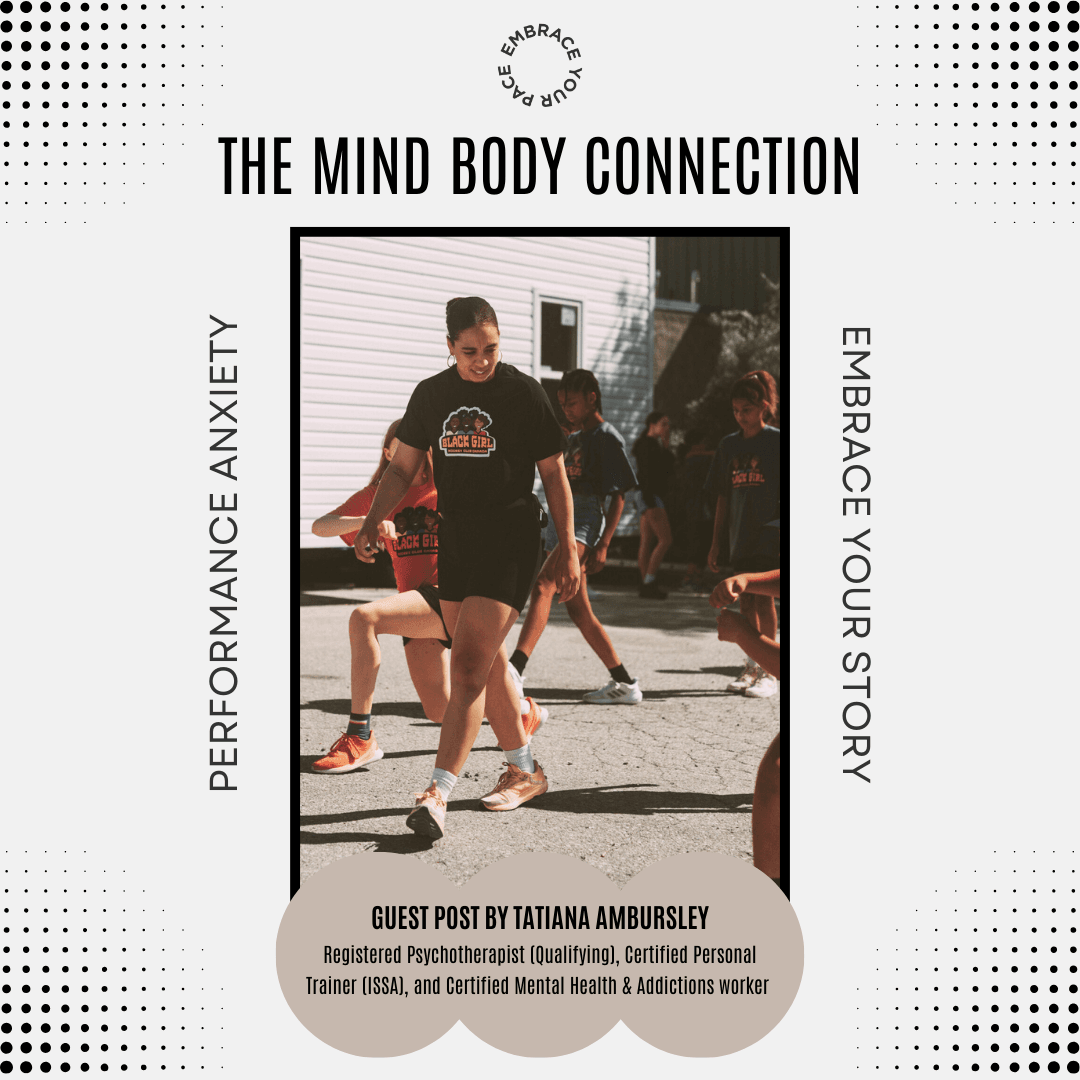If I were to ask you, “What is the key to happiness in life?” what would you say?
Your job, financial status, and physical health might come to mind. But the true key to happiness and well-being is our relationships.
As humans, we are inherently social creatures. We thrive on connections with others and our relationships play a vital role in our overall well-being. Harvard’s longest study ever conducted on human happiness shows that the quality of our relationships can have a significant impact on our physical and mental health. The science is clear – relationships are more than just a recreational activity in our lives, they’re imperative for our overall health and wellness.
Impacts of Loneliness and Social Isolation
Social isolation is an external issue, defined by having few social relationships, infrequent social interaction, and little to no engagement in your community. On the other hand, loneliness is a distressing internal experience or mental state, which results from perceived isolation or an unmet need between an individual’s preferred and actual experiences.
In recent years, 50% of adults in the U.S. reported being lonely – including before the COVID-19 pandemic – with some of the highest rates of loneliness experienced by young adults (1-3). Studies have shown that lacking social connection to our friends, families, and communities is as bad for us as smoking 15 cigarettes a day (4) (yes, you read that right), and can also significantly increase the risk of anxiety and depression. This means that too many people in our country are being deprived of the resources and experiences they need to live happier, healthier, and longer lives.
Power of Healing Through Connection
Across the globe, adults share over and over again that their relationships with friends and family are the most important driver of meaning and purpose in their lives (5). When we feel optimistic about achieving our goals in life, we are more likely to prioritize lifestyle factors that contribute positively to our mental and physical health (6).
The relationships we have with each other are powerful sources of healing. When we feel connected to and supported by each other, our resilience against stress increases. We receive encouragement from a friend when we’re struggling. We know we can turn to our relationships for support if we’ve had a challenging day. These seemingly small interactions are what allow us to adopt an optimistic mindset about our lives and continue charging ahead through difficult experiences. Emotional support, a sense of belonging, and a feeling of purpose and meaning in life all contribute to good mental health.
Building Quality Relationships and Community
So, how can we tap into the benefits of our relationships? It starts with us individually in our own lives by strengthening our connections. This can be as simple as being intentional about reaching out to your family and friends on a regular basis to check in on them. Or joining a club or group that interests you, volunteering with a non-profit in your area, or participating in community events. Make the time to pick up the phone. Share a meal. Express gratitude to others. The keys to human connection seem simple, but are extraordinarily powerful.
In conclusion, our relationships and social connections improve our overall well-being and allow us to lead happier, healthier lives. By investing in our relationships, we can create a support system that will be there for us – and others around us – when we need it most. If we can embrace a culture of connection and be kind and respectful to others, we can create a more empathetic and resilient society. Let’s prioritize our relationships and make an effort to connect with others. The benefits are clear, and the rewards will be priceless.

Guest Blog Post Written By: Carrie Eaton, Head Mentor of Kindred Collective, Connect with Kindred Collective
Carrie Eaton is Head Mentor of Kindred Collective – an online community dedicated to empowering women to grow their self-confidence, prioritize their well being, and build long-lasting, quality friendships. As an introverted only child, Carrie had to learn first hand how to navigate social situations and embrace her own identity in order to increase her connection to others. Carrie now resides in Chicago, IL where she’s established her career in relationship building with individuals, corporations, and community organizations.
Carrie is passionate about helping adult women reach their full potential by supporting them in living authentically and building deep friendships through every phase of life. She enjoys providing tools and resources for transformational self-discovery, goal setting, and navigating the complexities of adult friendships.
Carrie is grateful for the chance to collaborate with Embrace Your Pace and deeply appreciates their mission of encouraging others to stay present and follow their own path.
References:
1. Cigna Corporation. The Loneliness Epidemic Persists: A PostPandemic Look at the State of Loneliness among U.S. Adults. 2021.
2. Bruce LD, Wu JS, Lustig SL, Russell DW, Nemecek DA. Loneliness in the United States: A 2018 National Panel Survey of Demographic, Structural, Cognitive, and Behavioral Characteristics. Am J Health Promot. 2019;33(8):1123-1133.
3. Shovestul B, Han J, Germine L, Dodell-Feder D. Risk factors for loneliness: The high relative importance of age versus other factors. PLOS ONE. 2020;15.
4. Holt-Lunstad J, Robles TF, Sbarra DA. Advancing social connection as a public health priority in the United States. Am Psychol. 2017;72(6):517-530.
5. Silver L, Van Kessel P, Huang C, Clancy L, Gubbala S. What Makes Life Meaningful? Views From 17 Advanced Economies. Pew Research Center; 2021.
6. Hooker SA, Masters KS, Park CL. A Meaningful Life is a Healthy Life: A Conceptual Model Linking Meaning and Meaning Salience to Health. Review of General Psychology. 2018;22(1):11-24.






